Google targets phishing with full BIMI email logo authentication support
Gmail will tie logos to DMARC authentication
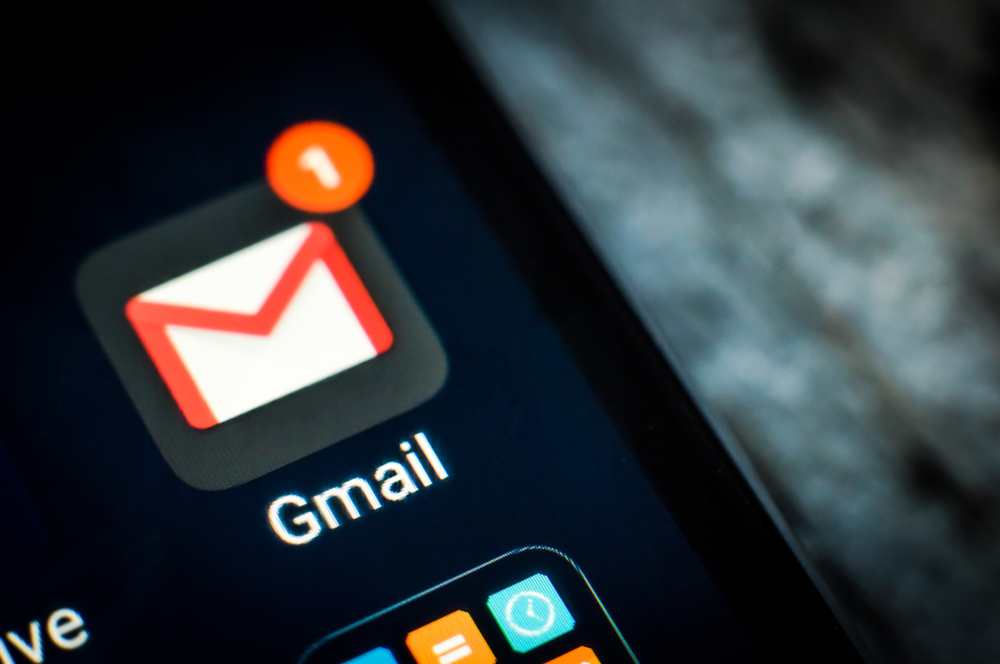

Brand Indicators for Message Identification (BIMI), a standard for visually proving an email’s legitimacy, got a boost today with the launch of a new automation tool from email security company Valimail and official support from Google.
Launched as a formal specification in 2019, BIMI is a standard that lets companies define what marketing image is displayed next to emails sent from their servers. This image, which the BIMI working group calls a “brand assertation,” serves as visual proof that the message is authentic.
BIMI uses DNS records to define the image, and it also relies on the Domain-based Message Authentication, Reporting, and Performance (DMARC) standard, which helps protect against phishing. This, in turn, relies on two other technologies: Sender Policy Framework (SPF) and DomainKeys Identified Mail (DKIM).
DMARC and its underlying technologies help to prevent email spoofing, in which phishing attackers fake a sender’s domain in an email’s “From:” field. DMARC enables administrators to publish their policy for authenticating and rejecting emails.
When a DMARC-supporting email server receives an email, it uses DNS to look up the DMARC record for the alleged sender's domain. It then checks the mail's DKIM digital certificate to ensure it matches the alleged sender's DKIM certificate. It also verifies the message came from IP addresses listed in the SPF record.
While not a security solution, BIMI uses these technologies to verify the image attached to an email is really from the sender.
An incoming email server uses DMARC to authenticate the message. If the email passes the DMARC authentication, the email server uses DNS to retrieve the sender's BIMI image. The BIMI image then shows up next to the company's name in emails.
Get the ITPro daily newsletter
Sign up today and you will receive a free copy of our Future Focus 2025 report - the leading guidance on AI, cybersecurity and other IT challenges as per 700+ senior executives
Boosting its legitimacy, BIMI also got official support from Google following a year-long pilot project. The company will now officially support BIMI in Gmail, according to the AuthIndicators Working Group, which manages the BIMI effort.
This official acceptance by Google means for an organization's logo to be eligible for display in Gmail, a brand must obtain a BIMI certificate confirming its right to use the image. These certificates are tied to registered trademarks from select jurisdictions.
RELATED RESOURCE

Aberdeen Report: How a platform approach to security monitoring initiatives adds value
Integration, orchestration, analytics, automation, and the need for speed
Several other companies also support BIMI in pilot mode, including Yahoo!, AOL, Netscape, and Fastmail. Comcast was also planning BIMI support as of last October. Microsoft, however, still has not signed on to the program.
To help streamline this process, email security company Valimail, which claims to have “founded, named, and resourced the BIMI standard,” announced Amplify, a tool that automates BIMI support. With Amplify’s release, Valimain looks to make BIMI the baseline for all email security.
Along with the new product, Valimail debuted partnerships with certificate providers DigiCert and Entrust to develop BIMI further and create a straightforward process for companies to enforce DMARC and Verified Mark Certificate (VMC).
Danny Bradbury has been a print journalist specialising in technology since 1989 and a freelance writer since 1994. He has written for national publications on both sides of the Atlantic and has won awards for his investigative cybersecurity journalism work and his arts and culture writing.
Danny writes about many different technology issues for audiences ranging from consumers through to software developers and CIOs. He also ghostwrites articles for many C-suite business executives in the technology sector and has worked as a presenter for multiple webinars and podcasts.
-
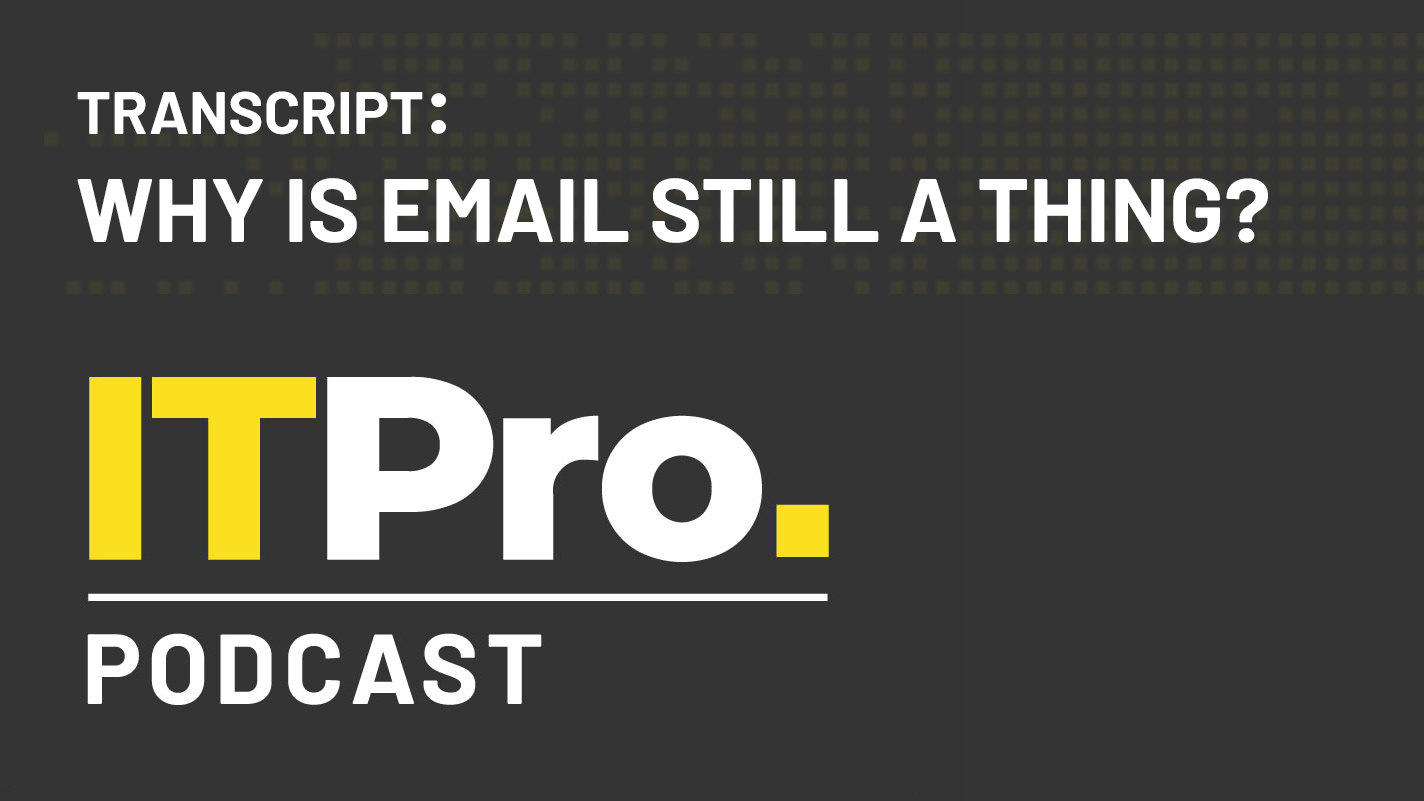 Podcast transcript: Why is email still a thing?
Podcast transcript: Why is email still a thing?IT Pro Podcast Read the full transcript for this episode of the IT Pro Podcast
By IT Pro
-
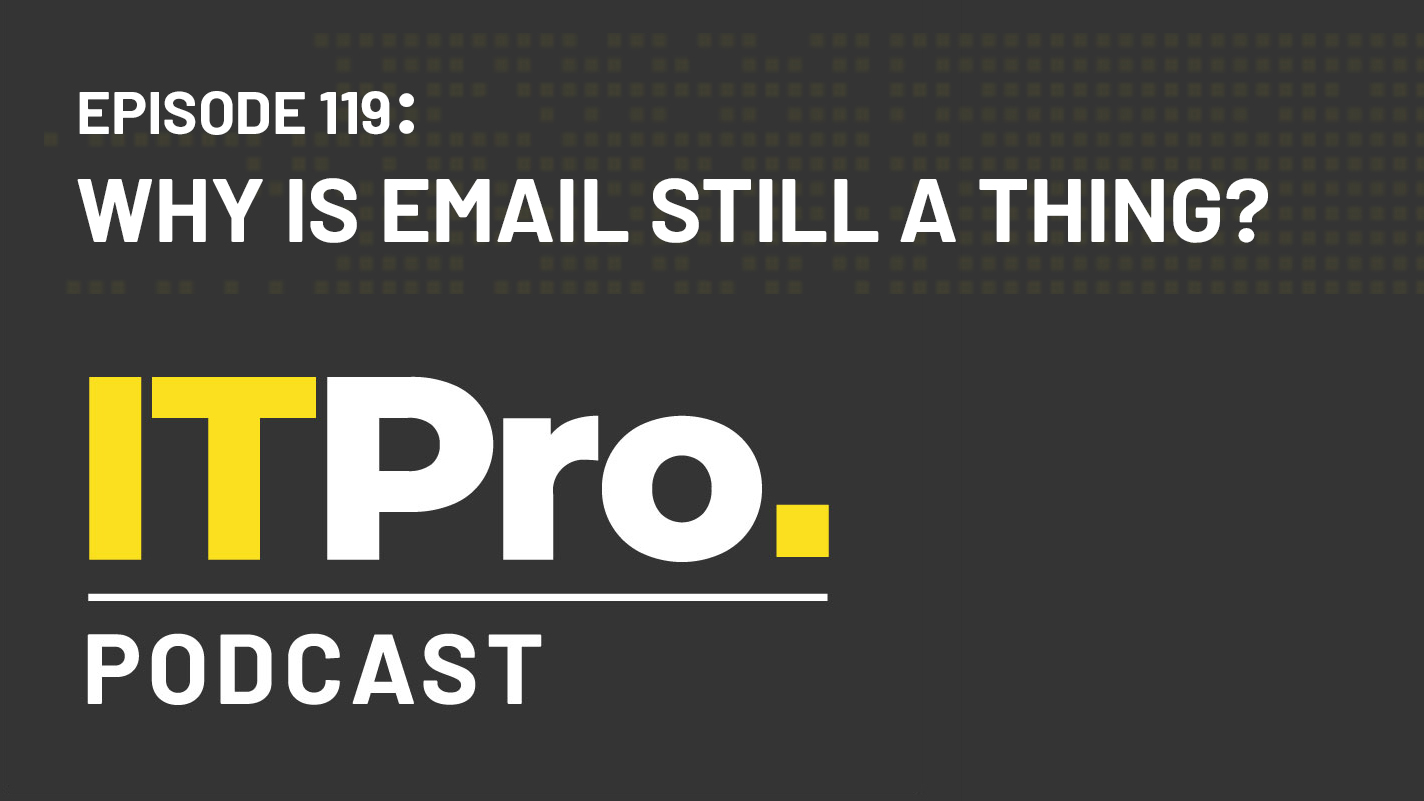 The IT Pro Podcast: Why is email still a thing?
The IT Pro Podcast: Why is email still a thing?IT Pro Podcast Despite a proliferation of newer collaboration platforms, email stubbornly refuses to go away
By IT Pro
-
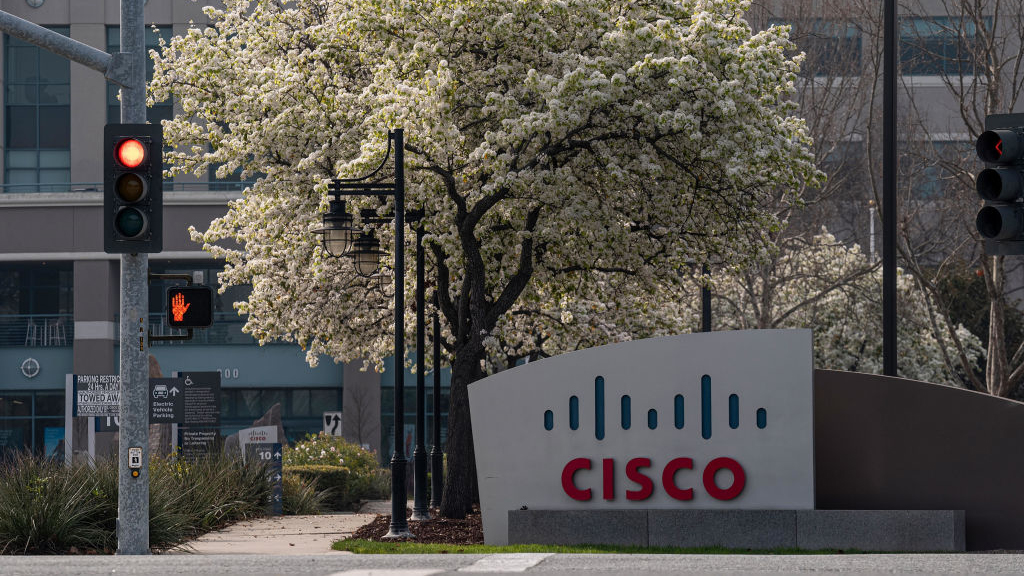 Cisco patches bug that could break its email security service with a single message
Cisco patches bug that could break its email security service with a single messageNews A carefully crafted email could freeze Cisco's Email Security Appliance interface and stop it processing messages
By Danny Bradbury
-
 The most secure email services of 2023
The most secure email services of 2023Best Email is not secure by design, but these email providers allow you to send emails with top-level security
By Rene Millman
-
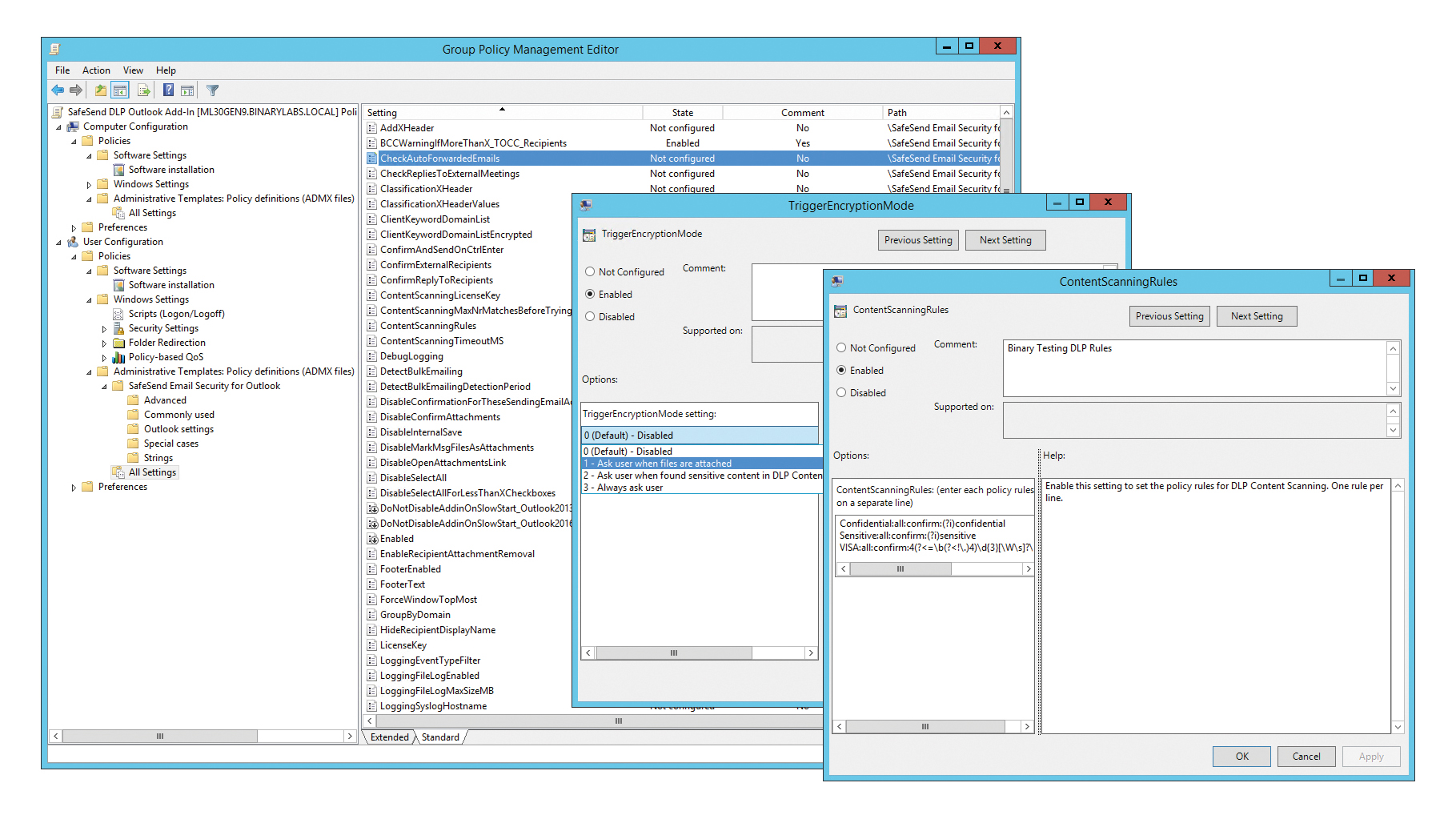
 SafeSend Email Security for Outlook review: A great solution for security-conscious SMBs
SafeSend Email Security for Outlook review: A great solution for security-conscious SMBsReviews An invaluable last line of defence against Outlook email disasters that’s easy to deploy and manage
By Dave Mitchell
-
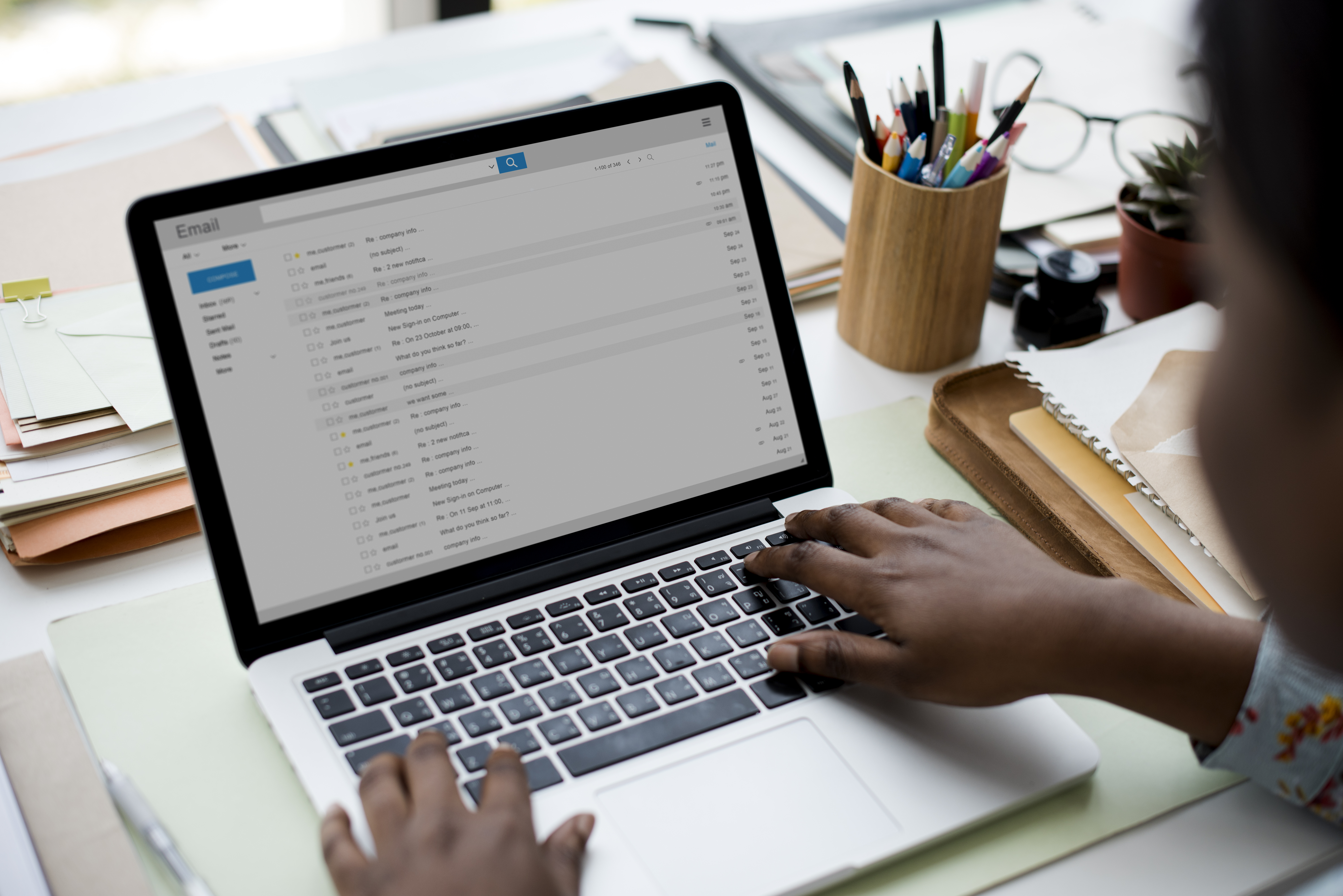 How to sign off an email professionally
How to sign off an email professionallyTutorials Your email signoff can make or break your business’ communication
By Sarah Brennan
-
 White House launches official investigation into use of personal email accounts
White House launches official investigation into use of personal email accountsNews Senate Intelligence Committee rebukes Kushner for omitting private account
By Adam Shepherd
-
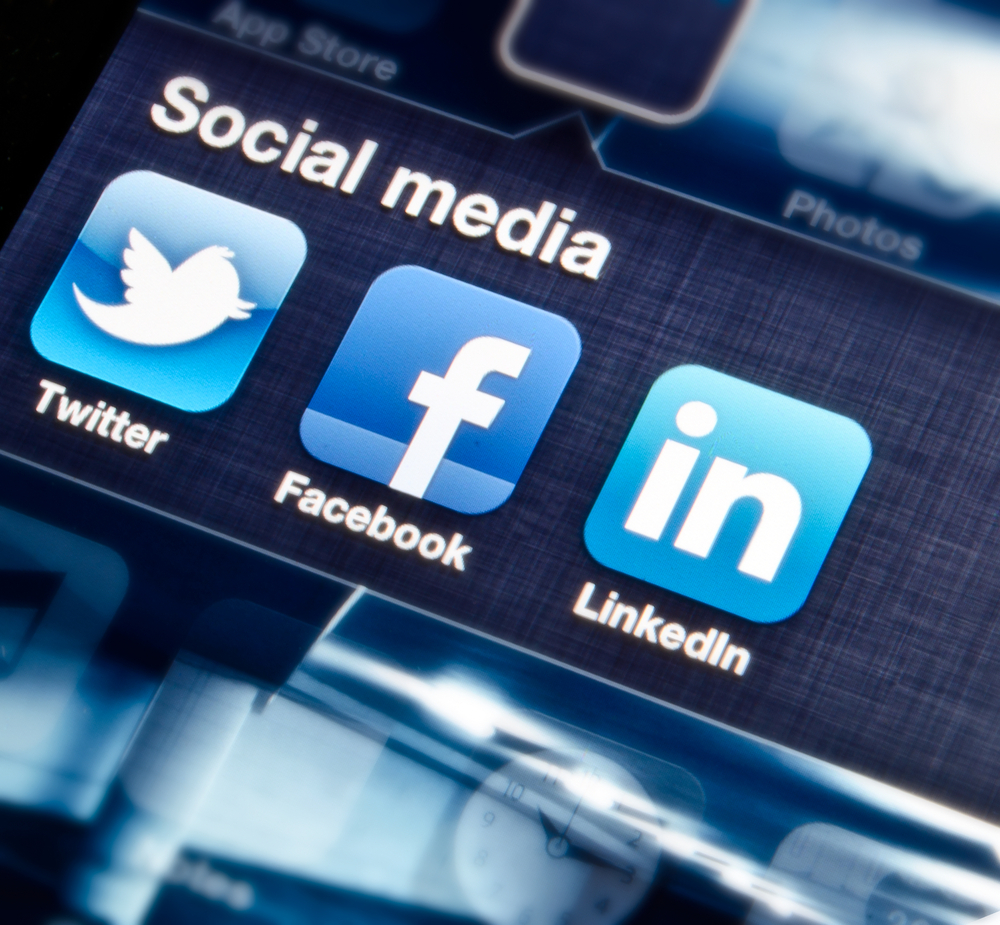 How can IT leaders make the most of social media in business?
How can IT leaders make the most of social media in business?In-depth Real world organisations explain how they avoid the pitfalls of social media
By Mark Samuels

